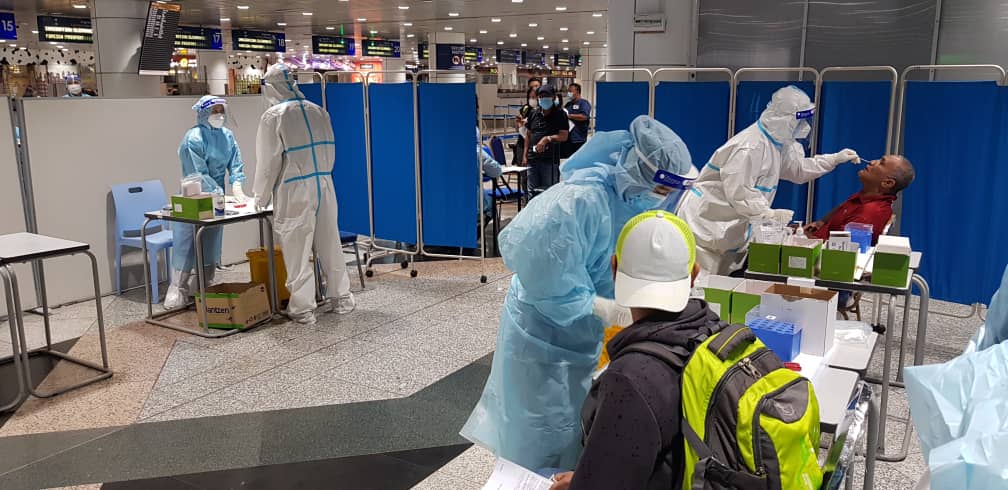KUALA LUMPUR, Sept 28 — Public health experts sounded the alarm that the coronavirus may have begun to spread beyond Sabah, where outbreaks initially started at a police lock-up and prison in the east coast, to the rest of the country.
Health authorities yesterday reported a new cluster in Kuala Lumpur, sparked by a person who travelled to Tawau and Semporna, as well as multiple cases in Selangor, Pahang, Johor, and Melaka, all involving Sabah travel history. The Ministry of Health (MOH) reported 21 Covid-19 cases the previous two days that comprised people returning from Sabah, including cases detected in Negri Sembilan and Terengganu. Kelantan reported one case last September 23 involving an arrival from Sabah who was screened at the airport’s international entry gate.
This means that Covid-19 has reached the capital city and seven states in the peninsula in the past week, except for Perak and Perlis, as Kedah continues to battle an outbreak while Penang reported four new local cases in the past 14 days. Sarawak reported one local case in Kuching in the past fortnight, as well as three cases over the weekend in the district of Lawas neighbouring Sabah.
Five shopping centres in the Klang Valley have also taken the initiative to announce Covid-19 cases within the past 10 days (the suspected case at KL Gateway Mall later turned out to be negative). When the four malls with positive cases were entered into the search function on the MySejahtera hotspot tracker yesterday, the government app claimed that no Covid-19 cases have been reported within a 1km radius from those locations in the last 28 days. The daily official MOH reports on Covid-19 do not state the specific locations where coronavirus cases have been detected.
“Covid-19 in Sabah is no longer ‘time-bombs’, but is a ‘chain of hidden bombs’ that have erupted and continue to explode by forming more cases and clusters here and there,” Dr Zainal Ariffin Omar, president of the Malaysian Public Health Specialists Association (PPPKAM), told CodeBlue in an interview.
“Based on the statistics and statements from Majlis Keselamatan Negara (MKN), the Ministry of Health (MOH), Covid-19 is no longer in prison or specific places, but has spread to inmates in prison and police, as well as other government agencies personnels, family members, social contacts and in the community.”
Dr Zainal also mentioned that Covid-19 cases in Sabah consist of community cases, newly emerging clusters, large groups of undocumented migrants and foreigners, mobilisation and large public interaction, including outside people who enter Sabah.
“The potential for a ‘Covid-19 tsunami’ is enormous. Sabah has become a ‘mini-Philippines or mini-Indonesia’ in terms of cases.
Dr Zainal Ariffin Omar, president of the Malaysian Public Health Specialists Association (PPPKAM)
“But we are fortunate for having a very good system: resources and health support at the state and federal levels,” Dr Zainal said.
Indonesia recorded 3,874 new Covid-19 cases yesterday, the country with the fourth highest number of fresh cases yesterday, while the Philippines racked up 2,995 new cases, the seventh highest daily tally.
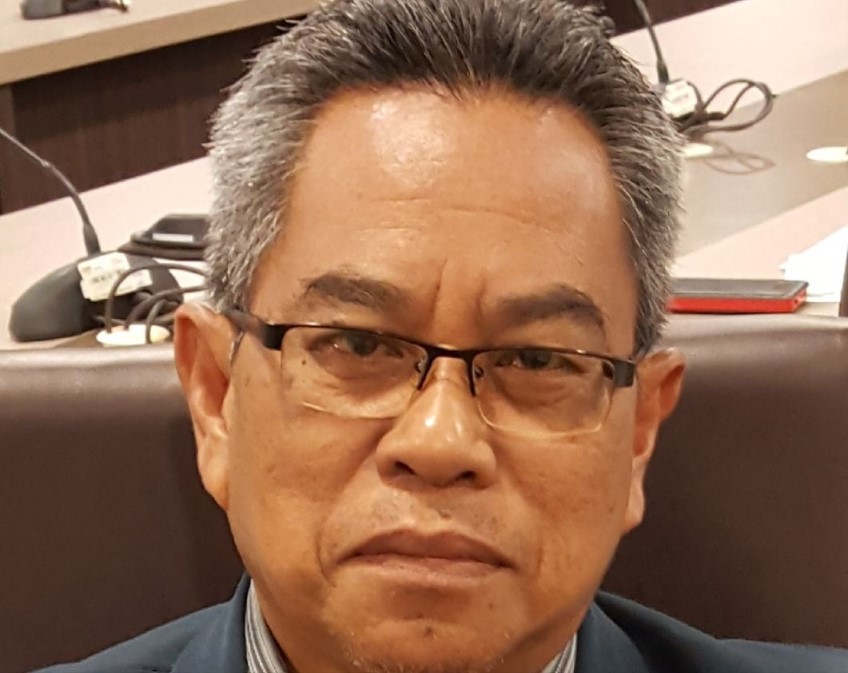
Infectious disease expert Dr Christopher Lee said that yesterday’s MOH report of 11 new local Covid-19 cases in Selangor, six in Kuala Lumpur, and four in Pahang indicated certain signs of coronavirus spread beyond Sabah. MOH also reported two fresh clusters in Sabah.
“It’ll be useful to know profile of the Semenanjung cases – did they travel to Sabah, were they contacts, were they symptomatic &/or are they unlinked? Answers to these [questions] may determine extent of spread in W M’sia,” he tweeted yesterday.
Dr Lee, who is also former Health deputy director-general, assumed that Sabah would see more number of Covid-19 cases if the state did not implement rigorous precautionary measures.
“Recent Covid-19 cases in Semenanjung linked to Sabah. Without more stringent and robust movement protocols out of Sabah, there could be more clusters in other states. Especially now, in this election season. The trend of cases in the next couple of weeks will be telling,” Dr Lee tweeted on September 25.
He pointed out the increase of sporadic cases in Sabah, which includes politicians infected while campaigning and a bank officer in Kuala Lumpur who tested positive after her visit to Sabah.
He mentioned in his tweet on September 23 that the scenario indicates an increase in community transmission in the state and highlighted the possibility of undetected asymptomatic cases spreading to other states.
It is to be noted that Umno Youth deputy chief Shahril Hamdan and Umno supreme council member Mohd Razlan Rafii have tested positive for the coronavirus. They were involved in the Sabah state election campaign. Newly elected Pitas assemblyman Sufian Abd Karim from Umno announced Saturday that he had tested positive for Covid-19.
About 67% Of Total Sabah Cases Reported Within Past 19 Days
So far, Sabah has recorded a total of 1,671 Covid-19 cases since the first case was detected in Malaysia in January. Of that, about 67 per cent, or a total of 1,123 cases, were identified in the past 19 days: from September 9 till September 27. Sabah’s two-week state election campaign started from nomination day on September 12, ending with polling on September 26.
Sabah is the third most infected state in the country by Covid-19, placed under Kuala Lumpur (2,664 cases) and Selangor (2,235 cases). The East Malaysian state has also officially recorded 97 unlinked Covid-19 cases, whose sources of transmission were unknown, from September 12 till September 27.
Dr Zainal proposed that the government limit travelling in and out of Sabah state. He also emphasised that mandatory quarantine should be imposed on people who are coming from Sabah or from red zones with above 40 Covid-19 local cases reported in the past fortnight, similar to mandatory quarantine for returnees from abroad. Sabah currently has four red zones (Tawau, Semporna, Lahad Datu, and Kunak), while the peninsula has one red zone — Kota Setar in Kedah.
MOH announced Saturday that all individuals returning from Sabah between September 27 (after the Sabah state election) and October 10 would be tested for Covid-19 at the domestic and international gates of airports and issued home quarantine orders with wrist bands. They will be released from quarantine once test results are negative. RT-PCR test results usually come out in a few days.
The test and quarantine procedure for people from Sabah travelling to the peninsula differs from those returning to Malaysia from overseas, who are quarantined for 14 days at quarantine centres. Sarawak has also imposed a compulsory 14-day home quarantine for people entering the state from Sabah and Labuan, with RT-PCR tests on Day Two and Day 14 of quarantine.
“From the aspect of public health, the government, MKN and MOH should mitigate the Covid-19 transmission in Sabah by adding resources, mobilising resources from other states, increasing the capacity of medical and health facilities urgently to deal with the growing number of cases,” said Dr Zainal.
Sarawak Should Help Sabah
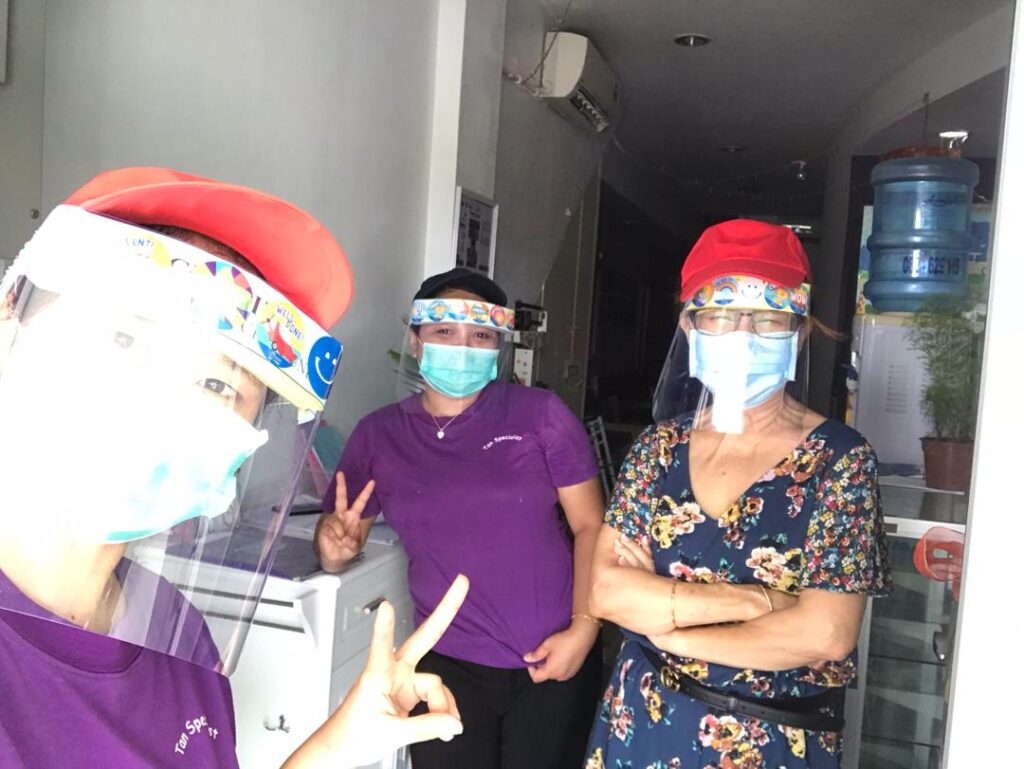
Dr Tan Poh Tin, a paediatrician and public health specialist in Sarawak, was also in line with the idea of resource integration, as she called for assistance from Sarawak to widen contact tracing measures in Sabah immediately.
“We know that one case can give ‘birth’ to the next generation of cases within four to five days. If the test results are delayed and the follow-up action to inform and trace contacts is not prompt, it will result in more clusters,” Dr Tan told CodeBlue in an interview.
“Sarawak could offer to help Sabah health department, with contact tracing measures and provide more RT-PCR testing facilities and staff because in this Covid-19 war, time is of the essence. We share a land border. So capping their outbreak should be in our interest too.”
Dr Tan also suggested conducting a pooling swab test as a cheaper and quicker method to test more people for the coronavirus, particularly in airports.
“To save tests and costs, we could try pooling swabs. The pool RT-PCR testing involves combining the swabs of up to five persons and testing as one. If the test is negative, all five are presumed negative. If the test is positive, all five in that lot will have to be recalled for individual testing for the positive case.
“For example, at the airport, instead of randomly testing one person, we can collect swabs from five persons and pool them. With the same number of tests and personnel, we can test five times more people at the same time. Perhaps at this time, Sarawak should try this at its entry points to maximise the sampling of incoming travellers, without greatly increasing costs for tests,” Dr Tan added.
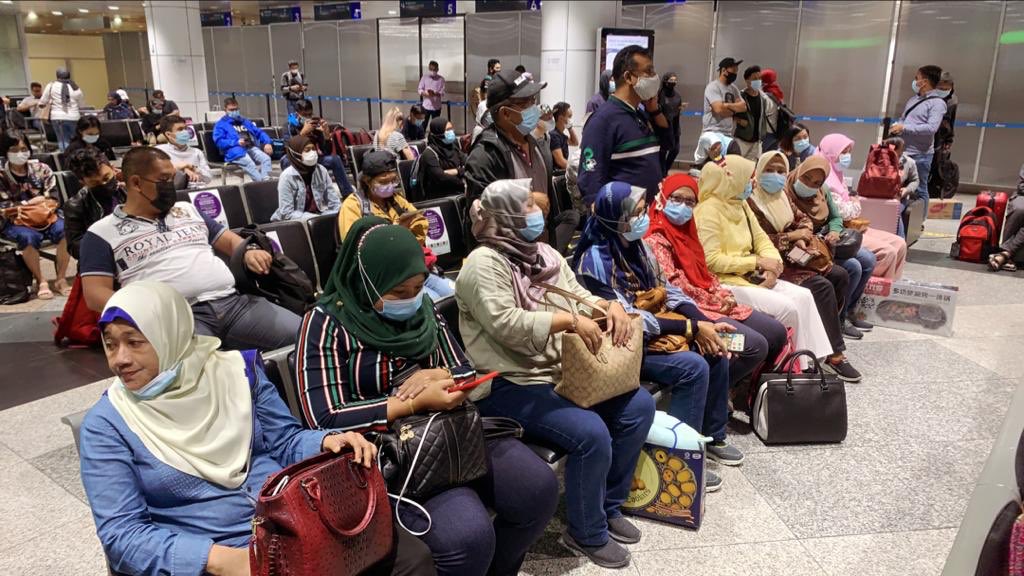
Arrivals from Sabah yesterday complained of waiting three to four hours to get tested at Kuala Lumpur airports, with one traveller telling CodeBlue that the massive queue at Kuala Lumpur International Airport (KLIA) yesterday afternoon did not practice social distancing and that everyone, including elderly people, were forced to stand for hours.
A person tweeted that passengers who arrived at the klia2 airport at 1pm yesterday only completed their Covid-19 test eight hours later at 9pm, as she posted a video showing crowds of people in the airport. Another person tweeted a picture of people sitting in close quarters at KLIA, similarly saying that the testing process took five to eight hours. MOH said it has added staff at KLIA and klia2 to test arrivals from Sabah.
The pooled testing method has been approved in the United States to broaden testing to many people when the country faced a surge in cases in June. It is to be noted that Wuhan, China, where Covid-19 was first reported, tested more than six million people in just 19 days by using the pooled testing approach.
“Rapid antigen tests can be used in the communities where large clusters are found to quickly identify the positives for immediate isolation. Because of the high level of false negatives, there still has to be strict quarantine of this group, with a repeat test perhaps five to eight days after the index cases, preferably with RT-PCR, perhaps pooled to save cost,” Dr Tan said.
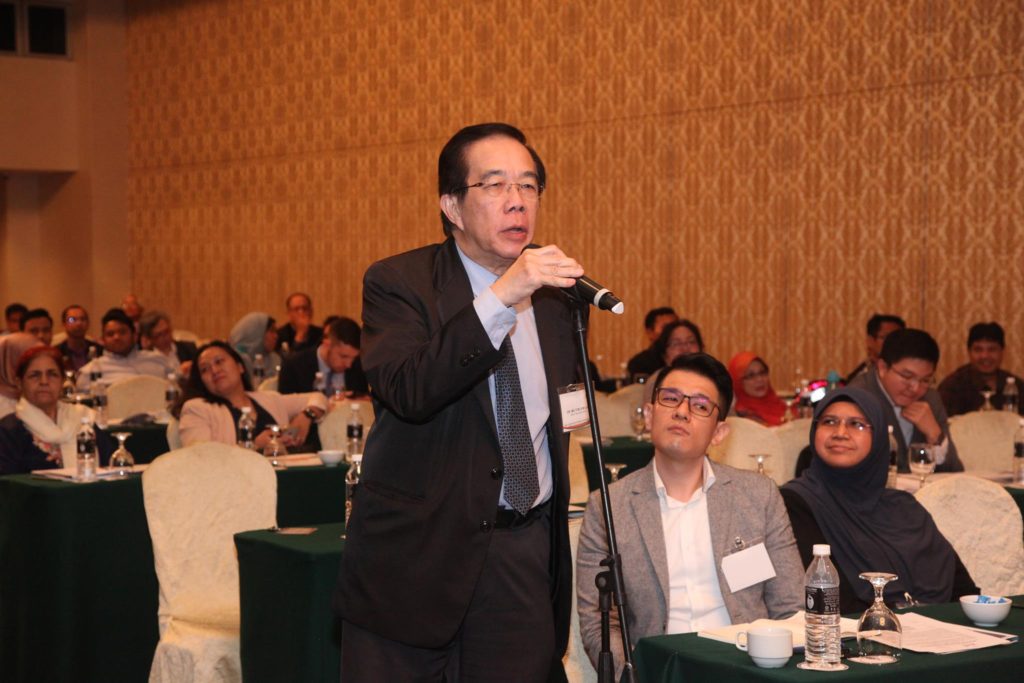
At the same time, former Malaysian Medical Association (MMA) president Dr Milton Lum highlighted the differences in the testing approaches in Peninsular Malaysia and Sarawak.
“International arrivals at the peninsula have one specimen collected, whereas it is three to four in Sarawak,” he said.
Bandar Kuching MP Dr Kelvin Yii and another person who travelled from Sabah told CodeBlue that two samples, nasal and throat swabs, were taken from them during testing at the Kuching and Kuala Lumpur airports respectively yesterday.
“The prevalence of the virus in the Peninsula, Sarawak and Sabah has not been published by the Health Ministry. If there are significant differences in the prevalence, consideration has to be given to test all arrivals from higher prevalence areas,” Dr Lum told CodeBlue.
Dr Lum also emphasised that MOH should disclose the findings of its surveillance studies, saying: “Such studies should be random and include private clinics and hospitals.”
Additional reporting by Boo Su-Lyn.


